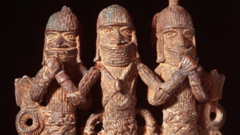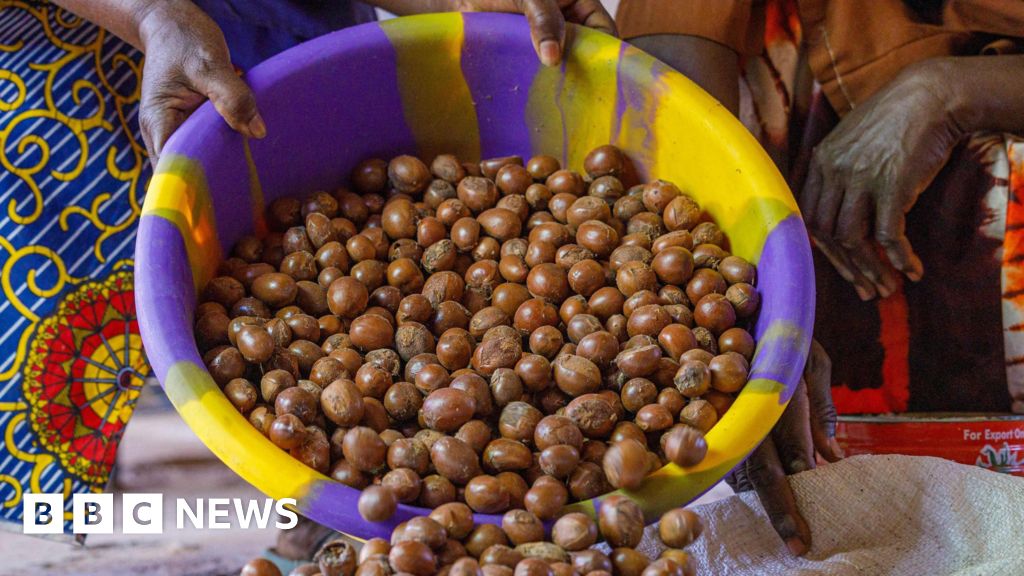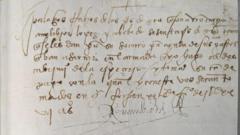The Netherlands has committed to returning more than 100 Benin Bronzes to Nigeria, a crucial step in addressing the historical injustices stemming from their colonial past. These artefacts were taken by British forces during the 1897 sacking of Benin City, in present-day Edo State, and subsequently ended up in institutions like the Wereldmuseum in the Netherlands. The collection of 119 items includes not only bronze sculptures but also ivory masks, figurines, and tusks crafted between the 15th and 19th centuries.
Olugbile Holloway, director-general of Nigeria's National Commission for Museums and Monuments (NCMM), referred to this repatriation as the "largest return of Benin antiquities" and voiced his hope that it might inspire additional actions from other nations. An official agreement is set to be signed on Wednesday, further solidifying this commitment.
Dutch Minister of Culture, Education, and Science, Eppo Bruins, emphasized that returning the treasures is part of an effort to confront the injustices of the past. The Benin Bronzes hold immense cultural and spiritual significance for many Nigerians, serving as a painful reminder of the colonial violence endured by their ancestors.
While this action may intensify calls for other institutions, notably the British Museum, to undertake similar returns—given that it currently holds over 900 Benin artefacts—regulatory barriers complicate the matter further. The UK museum's return of items is hindered by laws that prevent such actions, despite ongoing public protests and campaigns advocating for the reparative return of these culturally significant pieces.
Looking ahead, Nigeria plans to establish the Edo Museum of West African Art in Benin City by 2026, aspiring to house its most extensive collection of Benin Bronzes to date, designed by acclaimed architect Sir David Adjaye.
Olugbile Holloway, director-general of Nigeria's National Commission for Museums and Monuments (NCMM), referred to this repatriation as the "largest return of Benin antiquities" and voiced his hope that it might inspire additional actions from other nations. An official agreement is set to be signed on Wednesday, further solidifying this commitment.
Dutch Minister of Culture, Education, and Science, Eppo Bruins, emphasized that returning the treasures is part of an effort to confront the injustices of the past. The Benin Bronzes hold immense cultural and spiritual significance for many Nigerians, serving as a painful reminder of the colonial violence endured by their ancestors.
While this action may intensify calls for other institutions, notably the British Museum, to undertake similar returns—given that it currently holds over 900 Benin artefacts—regulatory barriers complicate the matter further. The UK museum's return of items is hindered by laws that prevent such actions, despite ongoing public protests and campaigns advocating for the reparative return of these culturally significant pieces.
Looking ahead, Nigeria plans to establish the Edo Museum of West African Art in Benin City by 2026, aspiring to house its most extensive collection of Benin Bronzes to date, designed by acclaimed architect Sir David Adjaye.























